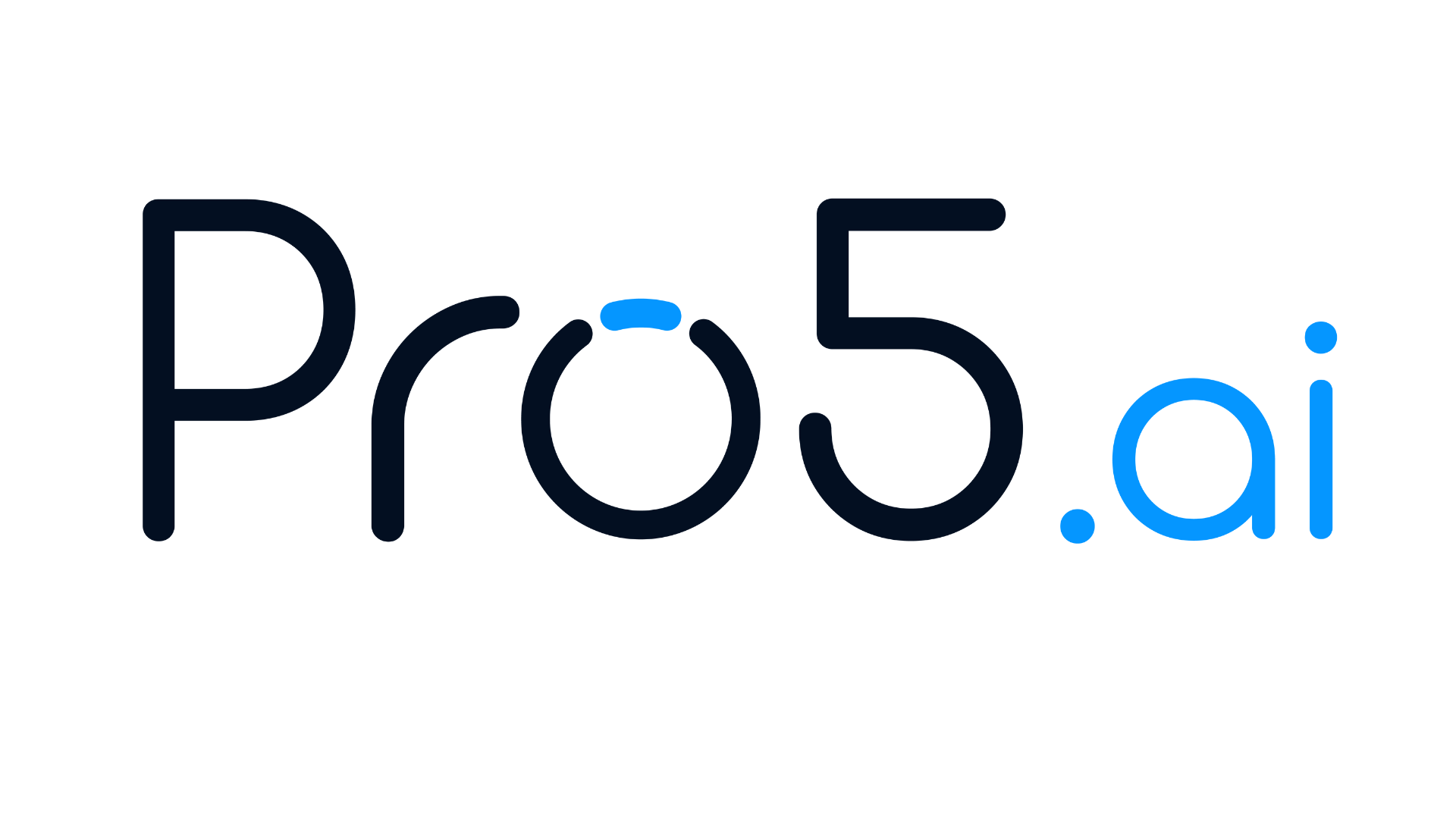The world has long been governed by centralized systems. Call it the rule of a king or the use of customer data by tech companies to control the market.
But can everything be kept in sync through centralization? Or is it really an issue of how much power a centralized entity is given? What if a distributed network is given authority and responsibility?
Let's first understand decentralization, its advantages, and why decentralization is important in the blockchain.
What is Decentralization?
Decentralization often entails removing control and authority from a single central organization and making the power accessible to the corresponding community members.
These are the areas of decentralization that should be your primary concern:
- No centralized authority
- Each community member has equal power
- Shared power
Consider a bank as an example. The bank is keeping the money for its customers. Everything is kept in one location: inside the bank, with the majority of it being in a vault.
The bank is the sole entity in control of this money. This is regarded as being centralized because there is just one location for storage or one entity in charge.
The total opposite of centralization is decentralization. With decentralization, there is no central location for storage and no central authority.
The only decentralized currency at the moment is a cryptocurrency.
The internet is another well-known example of a decentralized platform because no one organization or individual is in charge of it. Anyone with an internet connection can use it to publish their own material. Indeed, the internet is seen as “the biggest decentralized communication system humanity has ever seen”.
What is Decentralization in Blockchain?
Blockchain is a decentralized network that allows numerous users from around the world to join and verify the validity of the data it contains.
There isn't just one person, business, or other organization in charge of the data, unlike a centralized network. Instead, a sizable group works together to keep it running in a so-called peer-to-peer network.
Without mutual trust, it offers an effective means to collaborate with unknown partners.
Blockchain is a network that allows append-only records and is transparent and immutable (data cannot be changed later). The sharing of information between parties is therefore made simpler and more secure.
The Advantages of Decentralization
Let's look at a few advantages of decentralization in Blockchain.
We already mentioned that the bank is responsible for any funds that they manage. This does imply that you no longer have control over any money you give them. The simplest example is that you wouldn't be able to access your own money if there was any sort of bank outage.
On the other hand, there are decentralized cryptocurrencies like Bitcoin and Ethereum where you get to be in charge and have full control in charge of your own money. You cannot be censored for doing what you want because no one else is in charge of your money.
Another benefit of decentralized systems is that there isn't a single point of failure because there isn't a single point of entry. Even if one node in a blockchain might be compromised, there are still too many other nodes supplying the correct information for you to be able to do any harm.
A centralized system, on the other hand, has vulnerable single points of failure. Since anybody can connect to its systems, decentralization tends to encourage transparency as well. For instance, everyone has access to information thanks to the internet.
In a completely public ledger for cryptocurrencies, you may view the balance of each account and its transaction history. This level of openness fosters what is known as verifiable trust, which allows you to always check everything again.
Decentralization often promotes a very open and inclusive environment because anyone can join these decentralized, public networks.
There is no assumption made about your nationality or age when it comes to cryptocurrency. The network is open to everyone, regardless of their background.
Blockchain Is Decentralized. Why is it Important?
Individual computers located all over the world and connected to one another via the internet run the blockchain's software. A blockchain's computers are all running the same program.
The network continues to function even if one is disconnected. The blockchain would continue to store its data in distributed ledgers even if every computer in the world went down at the same time.
Computers will still have a copy of the ledger from the last time it was updated even if the entire world loses electricity. Until the power is restored, we won't be able to update the ledger, but Bitcoin won't vanish. Because of this feature, the system is extremely resilient and can withstand political unrest and power outages.
Blockchains do away with the need for middlemen, centralized authority, and third parties by dispersing ledgers across all computers running the protocol. Without third parties, users can communicate with one another directly without having to rely on or pay any centralized businesses or governments to conduct business.
Conclusion
The blockchain operates on a shared network and is not controlled by a single entity, making it a true public network.
Because of its decentralized design, it can prevent network corruption by hackers. It has consequently emerged as the most widely used technology in the financial sector for maintaining transaction records.
Here at Pro5, we have faith in the decentralized power of the blockchain. We can see how it serves as a catalyst for giving people their power and financial freedom back.
Decentralized networks are about more than just protecting your data. They also emphasize the need to keep your data where it belongs: in your own hands.

